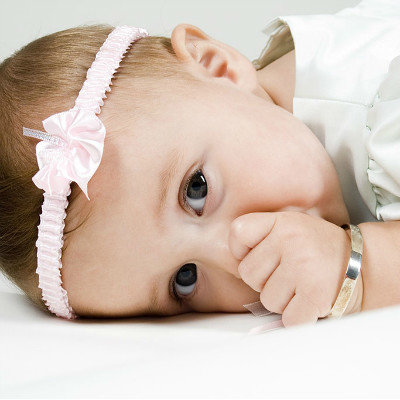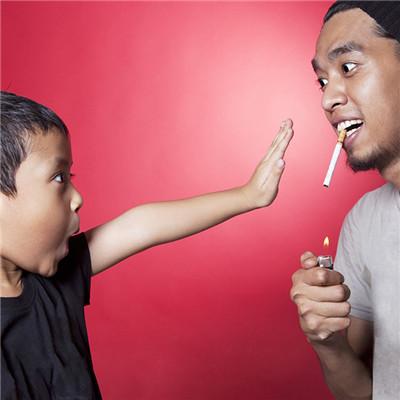How to treat adaptation disorder?
summary
Adaptive disorder is a chronic psychogenic disorder, which is caused by the long-term existence of stressors or difficult situation, coupled with the personality defects of patients, resulting in emotional disorders such as worry and depression, as well as maladjustment behaviors (such as withdrawal, not paying attention to health, irregular life, etc.) and physiological dysfunction (such as poor sleep, lack of appetite, etc.), and impairing social function. The occurrence of adaptation disorder is due to the joint effect of psychosocial stress factors and individual quality. How to treat adaptation disorder? Let's talk about it now.
How to treat adaptation disorder?
First: psycho environmental therapy: This is one of the main treatments for stress-related disorders. We should try our best to remove mental factors or get rid of the environment that causes mental trauma, and transfer or eliminate stressors. Through catharsis, explanation, support, encouragement and guidance, we can help patients get rid of pain, understand the disease, face the reality, cooperate with treatment, and improve their adaptability.
Second: drug therapy: it is not necessary to take drug therapy as the first choice for patients with adaptation disorder, but for patients with obvious emotional disorder, antidepressants or benzodiazepines and other anti anxiety drugs can be selected according to the specific condition in order to accelerate the remission of symptoms. Anti anxiety drugs can be used for the patients with anxiety and fear; Antidepressants such as imipramine and amitriptyline can be used for patients with prominent depressive symptoms; Short term antipsychotics such as chlorpromazine and haloperidol can be given to those who have delusion, hallucination, excitement or impulsive behavior that threatens their own or others' safety. After symptoms disappear, they can continue to take drugs for several weeks and then stop taking drugs. Low dose and short course of treatment are suitable. At the same time of drug treatment, psychotherapy should continue, especially for those patients with slow recovery, which is more beneficial.
Third, as long as appropriate treatment is given, clinical practice shows that the prognosis is good. When the stressors disappear, they can return to normal in a few months, up to 6 months. It has been reported that the course of disease in adolescents is slightly longer than that in adults, and there are suicides. We should also pay attention to whether these teenagers have substance abuse or dependence problems when they come to the clinic. For those patients who have not been cured for several years, we should consider whether the stressors have not been completely eliminated, and carefully contact them to observe whether there is any possibility that other mental disorders have not been found.
matters needing attention
Through collective propaganda and individual heart to heart talks, we can find a way out of the psychological crisis in view of the patients' life events, psychological conflicts, personality characteristics and failure. In cognitive therapy, we should list the failed cognitive styles, find new cognitive styles, accept the values of Taoist regimen, practice repeatedly, and constantly solve the life events encountered in life, so as to re adapt to life, return to society and promote mental health.













